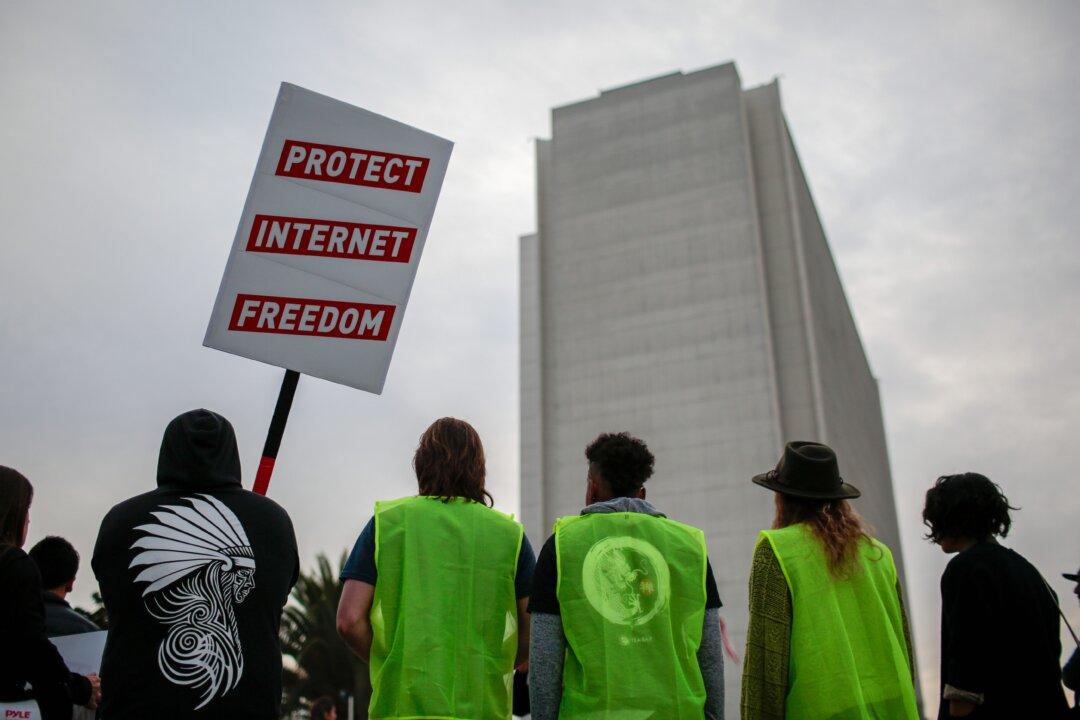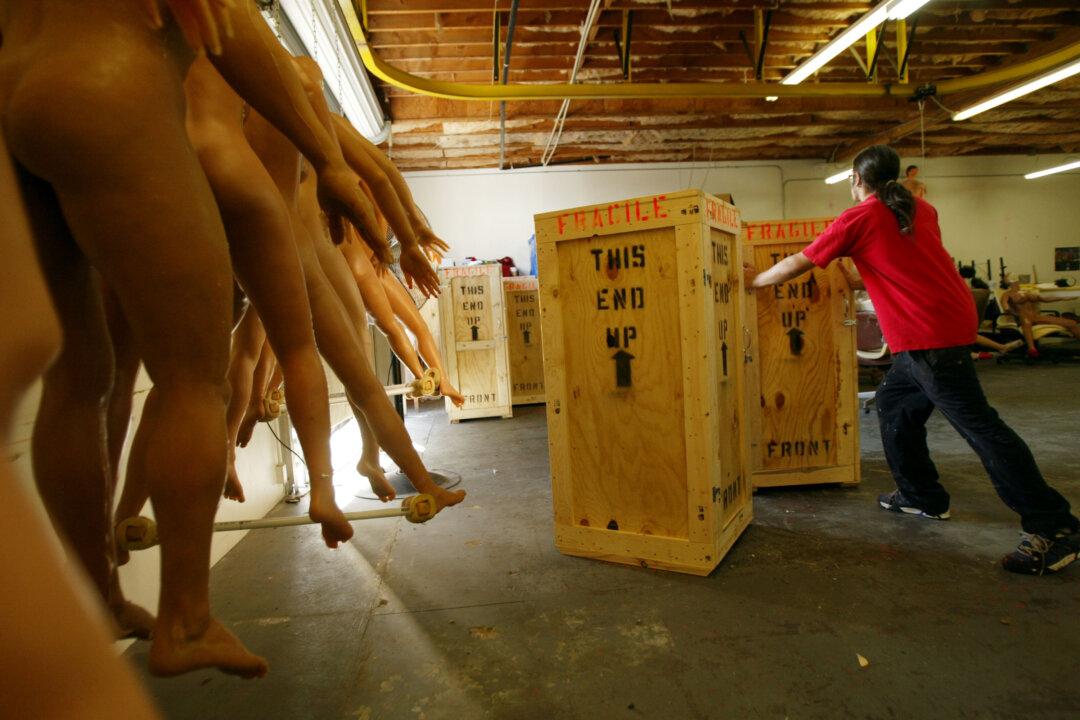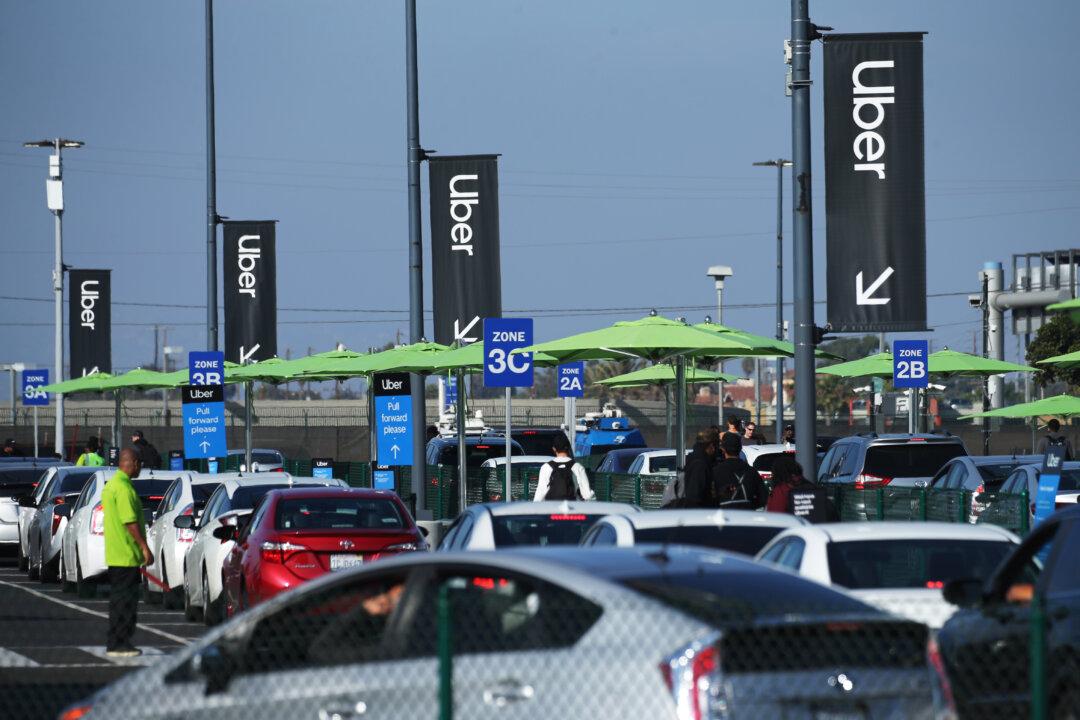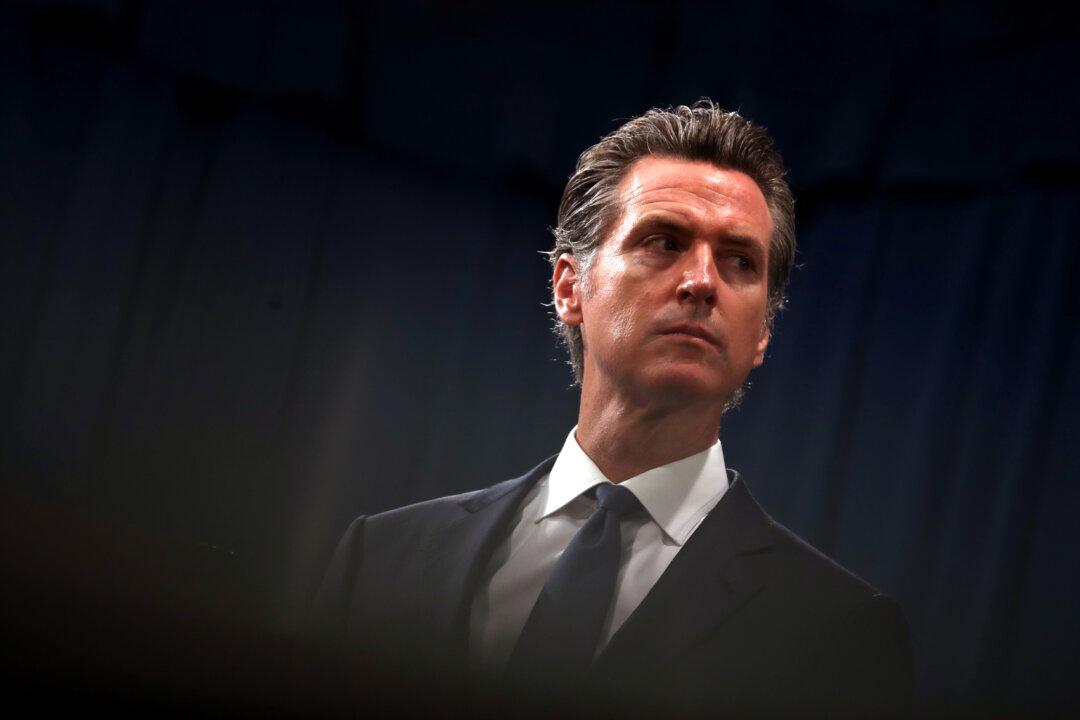After a three-judge panel from the District of Columbia Court of Appeals recently upheld a 2017 decision by the Trump administration to repeal Obama-era regulations regarding net neutrality, California may have gained the opportunity to enforce its own rules.
The court, while upholding much of the Federal Communications Commission (FCC) repeal, stated the agency couldn’t block states from having their own state-level rules.





